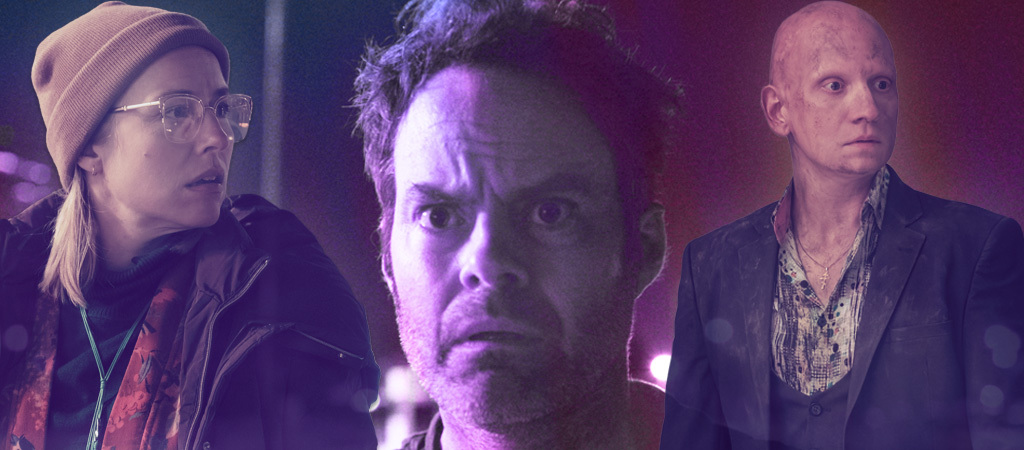Bill Hader is a talented man. That’s the first thing that needs to be mentioned in any discussion about Barry, the HBO series he created and starred in and directed in its final season for its entirety. The ambition and craftsmanship and creativity on display would be an impressive feat on their own, even if the show wasn’t all that good. It was good, though. It was so good, pretty much straight through, from its silly premise (a hitman falls in love with acting and tries to go straight with the help of a little community theater class) to its midnight-dark final season (we’ll talk about this in a second). It was inventive and funny and devastating and really just not like anything else on television, which is an achievement in itself with the volume of stuff out there. And it introduced us to some memorable characters, most notably — for me, at least — NoHo Hank, the friendly Chechen mobster played by Anthony Carrigan. Again, Barry was a good show.
When it ended, though, it left some of its fans divided. The entire final season was bleak as hell, with Barry and Hank and really just every character on the show dealing with the consequences of their actions from the first few seasons. Things got heavy. People died. Other people stared off into the cold and unforgiving abyss in a way that implied they would welcome death. There were time jumps and wigs and aliases. Stephen Root’s character came out of prison covered in tattoos and going by The Raven. There was still comedy in there, to be sure, and here is the GIF of Hank missing his target with a missile to prove it…
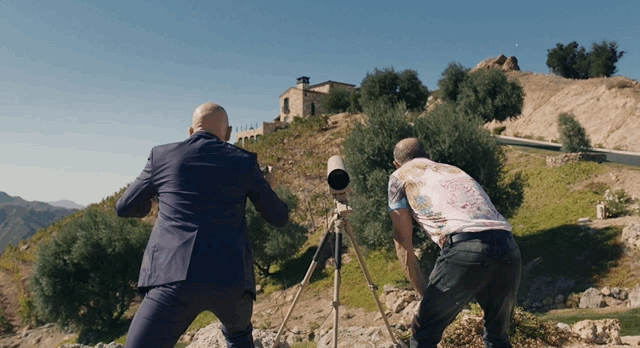
… but it was… yeah, heavy.
The finale of the whole thing took it to another level. It’s been a while since the ending of a show caused such a wide range of reactions. Some people I know (mostly my TV critic friends, but also some casual viewers) insist it was a masterpiece. Other people I’ve talked to really did not like it at all, for a range of reasons but mainly because of the scene at the very end. It’s a little fascinating to me, just this split among the fanbase. And so, what I’m going to try to do here is present both sides of the debate and see if we can get to the bottom of it.
I also wanted another excuse to post that GIF of NoHo Hank firing the missile. There are a few reasons I’m doing this. Away we go.
CASE FOR
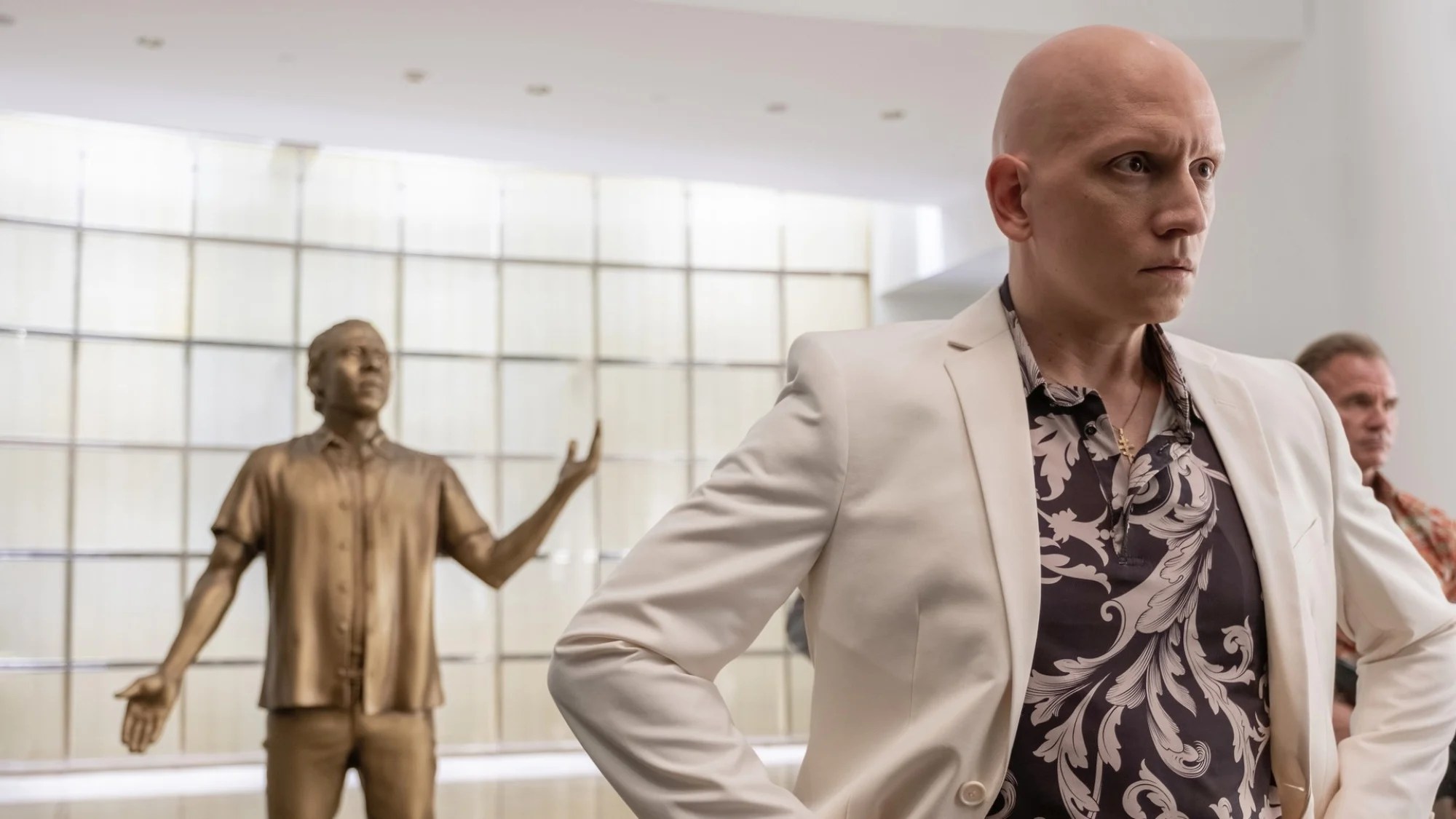
Okay, there are a few things here. Three, I think. Let’s address them in no particular order…
THING ONE: The end of this show had to be bleak because none of the characters were particularly great people. Even the supporting characters. Gene Cousineau is a narcissist and a self-important loon who got himself into a lot of this by being manipulative from the first moments we met him. Hank is a criminal who profited from the pain of others. Sally is insecure and jealous and petty. And Barry is… Barry is a murderer. It’s possible to gloss over that because Hader himself is such a likable dude, but let’s just look at his own words from an interview he did before the season with Uproxx’s Jason Tabrys.
With all the characters, you want to make them human and have something that is just a human trait. You just want them to be recognizably human. And I think in doing that, you can feel some sympathy for him because you can understand maybe, “Oh, I’ve had those feelings. I can relate in some way.” But it was important for me, during season three, to go okay, his back is against the wall, and Cousineau knows about him. So it’s only a matter of time before he yells at Sally. He gets verbally pretty awful with her in a scene. And I remember a lot of people go saying, “Oh my god, Barry’s a bad guy.” and I’m going “Yes. He killed Chris in season one. He is not a good dude.” (Laughs)
Yes, this is correct. There kind of could not be a happy ending for most of these people. It just was never going to happen. These people were always going to die and/or face consequences.
THING TWO: It was kind of a masterpiece? At the very least, it was always surprising. Think about the guts it takes to kill off your main character — the guy whose name is the title of the show — with a substantial chunk of runtime left in your last episode, in a scene played so dry and anticlimactic that his last words between getting shot in the chest and getting his forehead blasted open by Henry Winkler were “Oh, wow.” Think about the shootout between Hank’s men and Fuches’ — I’m sorry, “The Raven’s” — prison gang, the one that ended quickly and left bodies strewn across the floor and my beloved Hank clutching the hand of his beloved Cristobal, who he had killed earlier in the season. It was such a stupid way to die but probably more true to how most shootouts go — one shot, then a lot of shots, then panic — and another case of this show mixing comedy and tragedy in a new way. Again, nothing else on television like it. Again, Bill Hader is a talented dude.
THING THREE: The scene at the end where John — the now teenage son of Sally and Barry — watches the movie about his dad, a movie that makes Barry into the hero and Cousineau into the mastermind/supervillain, was right in line with what the show has always been. Pretty much from Day One, the characters depicted in the show’s version of Hollywood have been more morally bankrupt than any of the underworld figures we met, many of whom were actually charming and nice. This was the natural conclusion of that device. In the universe of Barry, Hollywood would take the story of a military “hero” and turn him into a sympathetic figure, regardless of whether it was the truth, because Hollywood is more cynical and naive than entire crews of mobsters.
It wasn’t satisfying in any way. It made me cringe a little in places. But that’s how art works sometimes. It can challenge you. It’s a little weird to say about a show that featured live-action Wile E. Coyote-style gags and important scenes in a Dave & Busters, but Barry really did end up being a work of art.
CASE AGAINST
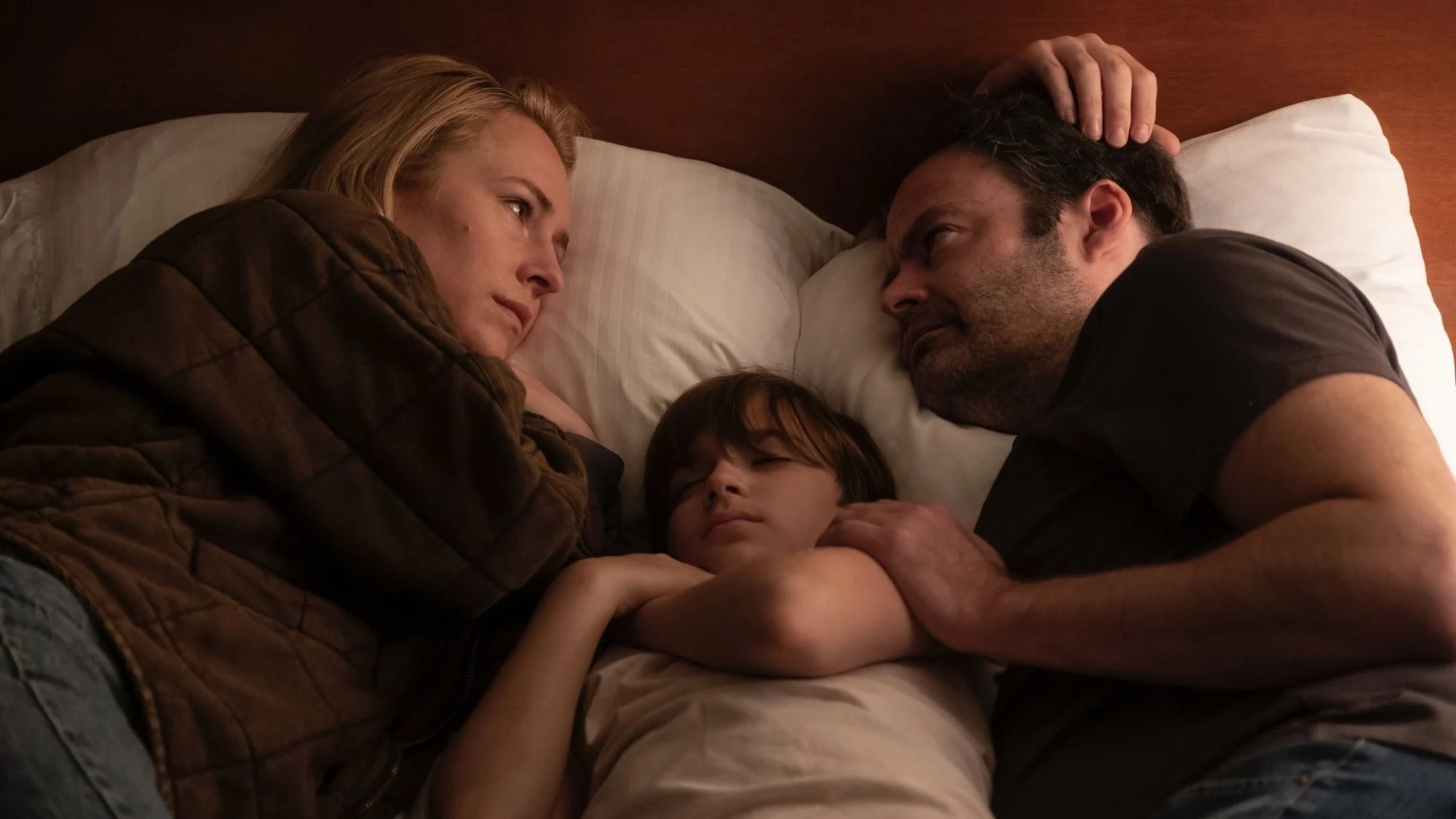
Three things again here…
THING ONE: It was actually unsatisfying in places to the degree that it was unnecessarily cruel to some of its characters, most notably Gene Cousineau, who was, again, a self-important creep but probably did not deserve to be framed for multiple murders and sent to prison until he dies after also losing the love of his life. And he definitely did not deserve to be portrayed as the evil menace who set everything in motion and manipulated Barry into doing all the things Barry did on his own, even if the movie did give him a cool British accent.
THING TWO: Killing off characters like Barry and Hank in anticlimactic and sudden flourishes of gunplay might have rubbed some people the wrong way, like the show made a point to present these people as multidimensional figures and then wiped them out with a snap. And even the character who got a “happy” ending, Sally, is now raising a kid who watched her rip off a wig and reveal an alternate life and hit the deck with her during a gunfight between rival gangs. These people are going to be messed up forever. Which, again, actions have consequences, but the ending stripped away any of the lightness that had balanced the dark throughout the show. I don’t know if I agree with this last part, personally, but I do appreciate that the point has merit.
THING THREE: They never gave us an update on Mitch the Beignet Guy. This last one is admittedly a minor quibble, but still. I miss Mitch.
MY OWN UNSATISFYING CONCLUSION TO ALL OF THIS
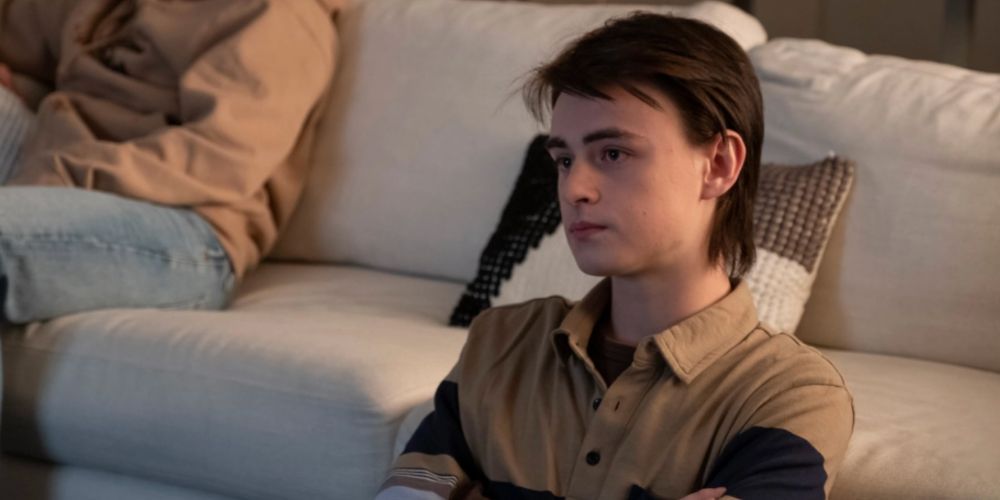
Barry was an incredible show, a roller coaster of emotions and tone, a goofy endeavor that ripped me apart in places, closer in style and arc to a show like Better Call Saul than it was any half-hour comedy. I liked it — all of it, even the finale, for all its despair and pessimism and brutality — but I do not think I want to rewatch it ever again.

